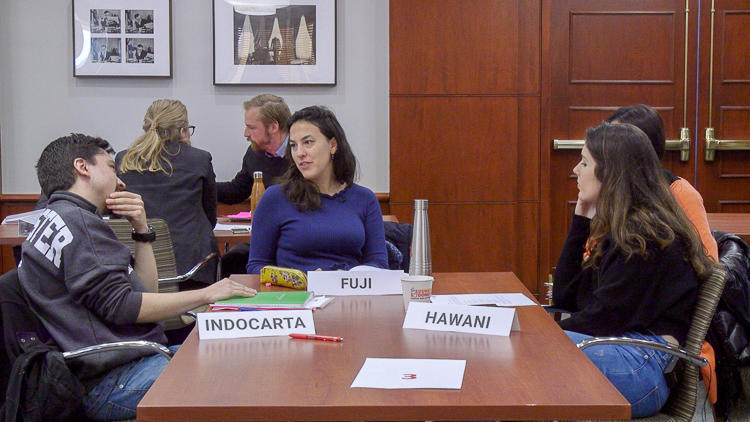Filter By
- Arlotta, Paola (13)
- Battilana, Julie (14)
- Brion-Meisels, Gretchen (15)
- Cockrill, Barbara (14)
- Grotzer, Tina (15)
- Mandell, Brian (15)
- Mazur, Eric (14)
- Schwartzstein, Richard (14)
- Flehinger, Brett (14)
- Kegan, Robert (13)
- Levy, Dan (14)
- Mansbridge, Jane (11)
- McCarthy, Timothy (15)
- Rakoff, Todd (10)
- Villarreal, Christina "V" (11)
Copyright © 2024 The President and Fellows of Harvard College | Privacy | Accessibility | Digital Accessibility | Report Copyright Infringement


